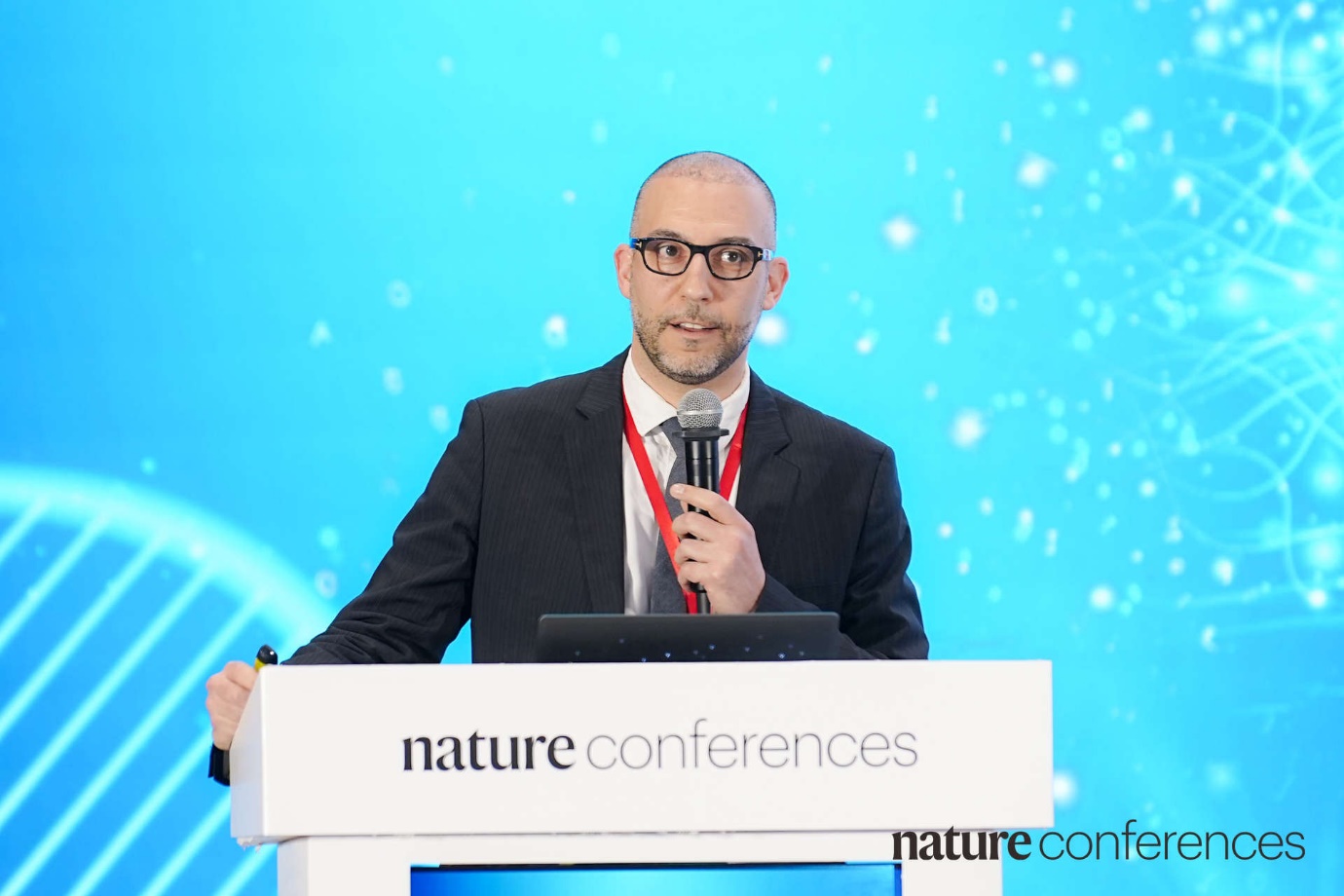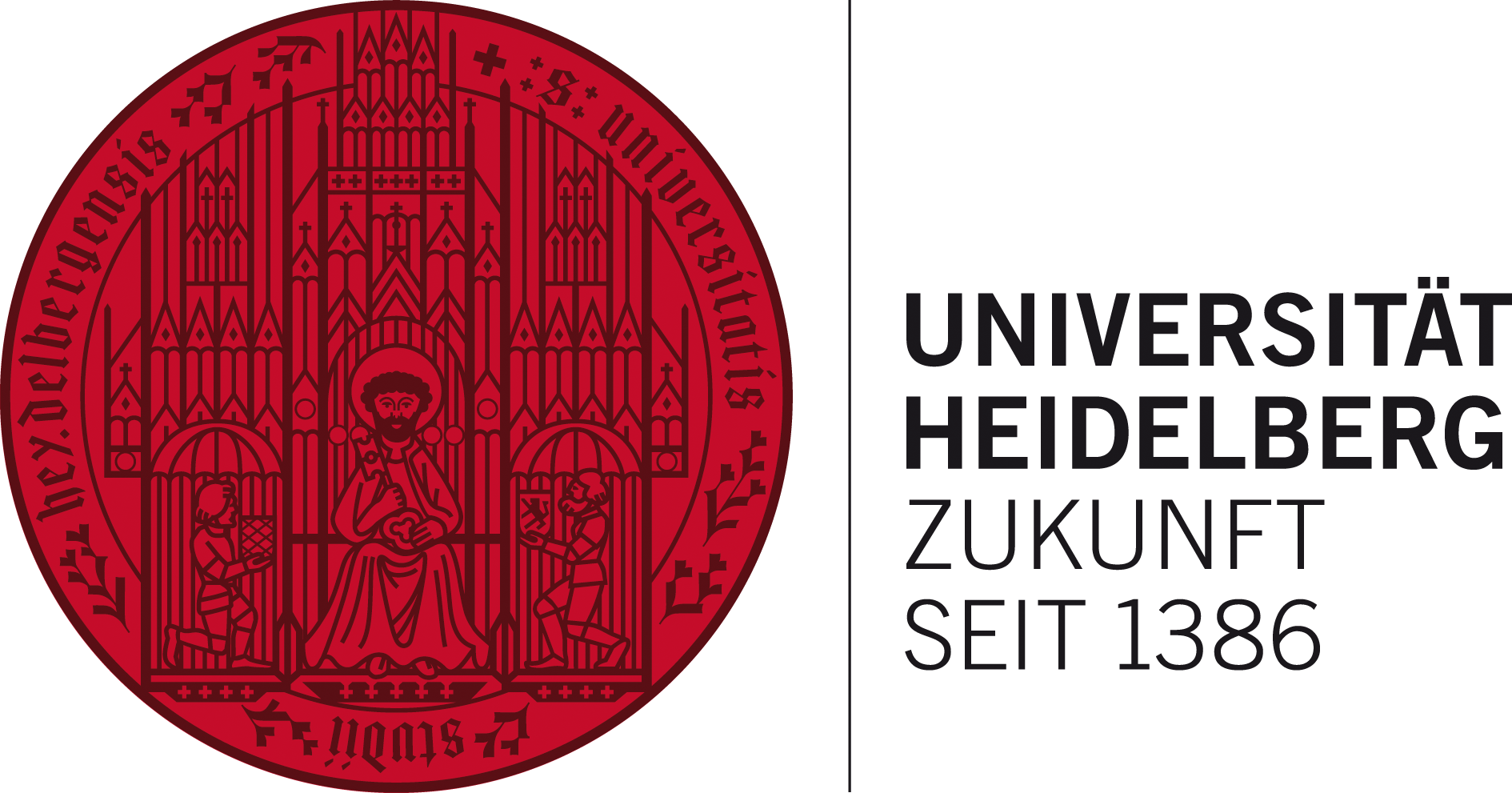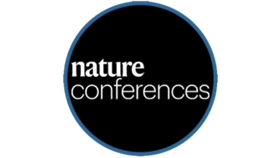ZITI’s Prof. Dr. Dr. Lorenzo Masia was invited as a speaker on the development of soft wearable exosuits to the 2024 Nature Conference on Transformative Technologies on Neuroengineering in Shenzhen, China (April 10-12, 2024).

Soft wearable robotics, or exosuits have been introduced in the last decade as possible candidates to overcome the limitations from devices using rigid structures, the exoskeletons.
Despite the exosuits initially promised tangible improvements, yet their soft wearable architecture presents multiple challenges in controlling such technology symbiotically with the human wearer. Prof. Masia introduces advanced control strategies in soft wearable robotics to restore motor function in patients affected by various neurological diseases, like stroke, multiple sclerosis and spinal cord injuries. He illustrates how such technology, due to its high ergonomics and portability, has been progressively used in the wide context of supporting aging as well as for augmentation of human performance in wellness and to improve safety in working environments. Furthermore, the use of the latest algorithm employing machine learning can provide wearable robotics with an additional boost, relying on artificial vision and machine learning to exploit situational awareness and adapting its robotic assistance in a symbiotic way.
Prof. Lorenzo Masia has been working at the Institute of Computer Engineering (ZITI) since 2019, leading the ARIES Lab (Assistive Robotics and Interactive ExoSuits). His academic career includes positions at the Massachusetts Institute of Technology (MIT), the Italian Institute of Technology (IIT), Nanyang Technological University (NTU) of Singapore, and the University of Twente (The Netherlands). He is an associate editor for Wearable Technologies (Cambridge Press), IEEE RAL Robotics and Automation Letters, IEEE Transaction on Neural Systems and Rehabilitation Engineering and the Journal of NeuroEngineering and Rehabilitation. He has been appointed as Program Chair for the IEEE International Conference in Rehabilitation Robotics (ICORR) 2015, IEEE International Conference on Biomedical Robotics and Biomechatronics (BIOROB) 2016 and International Conference on Neurorehabilitation (ICNR 2018). Prof. Masia served as Chairman for Workshop/Tutorial for the IEEE International Conference on Robotics and Automation (IEEE ICRA 2017), and was the Co-Program Chair of IEEE ICORR 2017 (London, UK), and Co-Program Chair, Editor in Chief and Editor of Publication for IEEE BIOROB 2018. IN 2024, he will be General Chair for IEEE BIOROB 2024 the leading conference in Biomedical Robotics and Biomechatronics hosted in Heidelberg.

